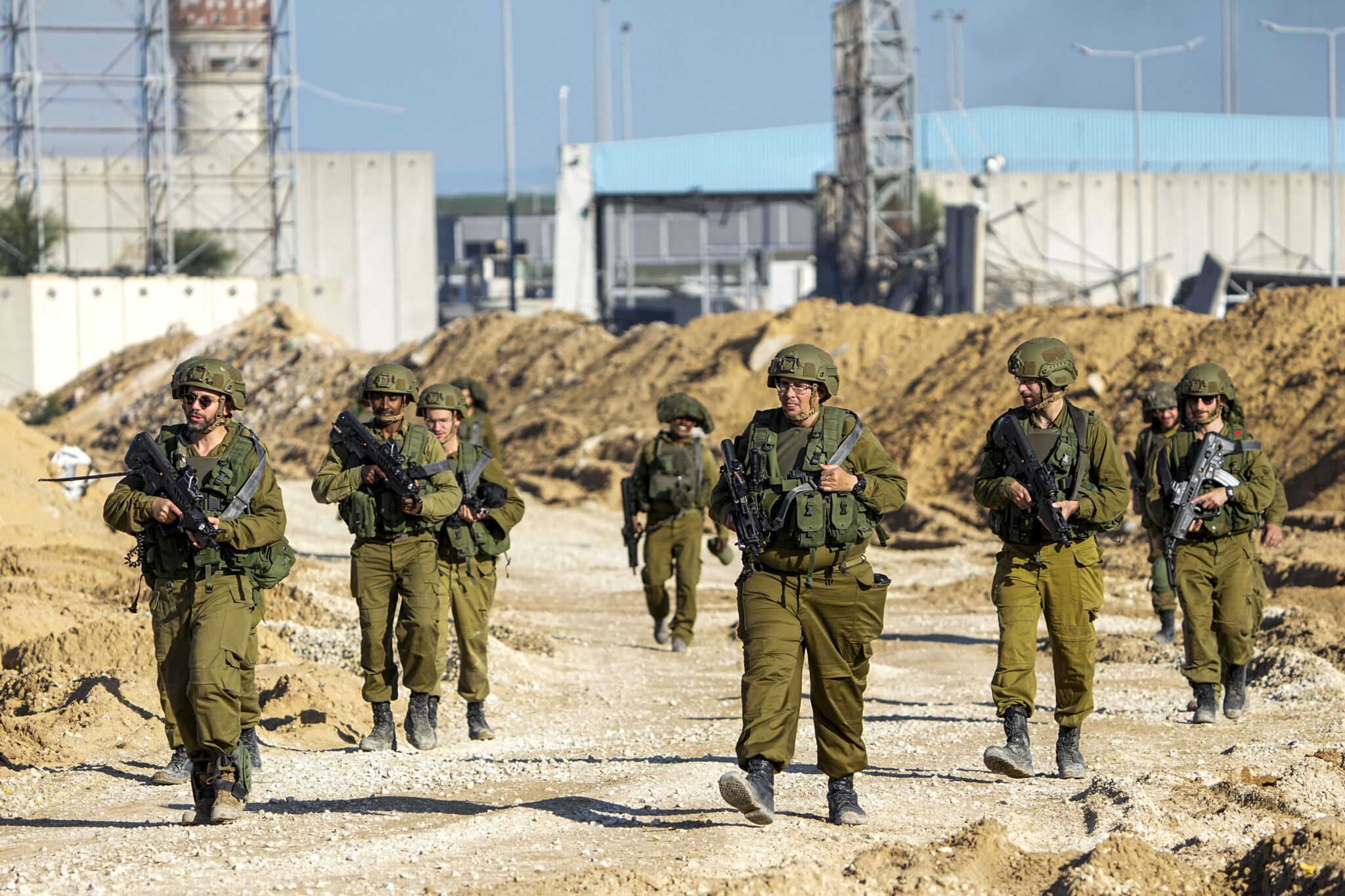In a recent episode of Hub Hits, Rudyard Griffiths, The Hub’s publisher, and Sean Speer, editor-at-large, debated Israel’s potential occupation of Gaza and whether the escalation of Israel’s military action is moral and prudent, notwithstanding Hamas’s refusal to concede to surrender terms. They cover parallels to previous historical conflicts and what is at stake for Israel in the long run.
Their respective arguments are set out below.
Occupying Gaza is a trap
By Rudyard Griffiths, publisher of The Hub
The Israeli government, under Prime Minister Benjamin Netanyahu, appears poised to order a full military occupation of Gaza. Such a decision will mark a pivotal moment in the ongoing war—one that risks transforming Israel’s hard-won military gains into the kind of strategic defeat that befell the U.S. in Iraq and Afghanistan. As a strong supporter of Israel’s right to exist as a Jewish state, I find myself increasingly concerned with what the humanitarian catastrophe unfolding in Gaza, coupled with the absence of a coherent endgame for the war, now threatens. In a worst-case scenario, the decision to fully occupy Gaza could not only thwart a full and complete defeat of Hamas it could end up posing a grave threat to Israel’s global standing as a fellow democracy committed to human rights and international law.
Sean Speer, my partner in The Hub, draws parallels in the companion essay to this article (see below) between Hamas and the fanatical regimes of Imperial Japan and Nazi Germany. The comparison is worth serious consideration because Hamas’s brutal October 7 attacks and its blatant disregard for Palestinian and Israeli lives evoke the nihilism of history’s worst ideologies. But this analogy collapses, in my view, under sustained scrutiny. Hamas is not the Wehrmacht, nor is it the Imperial Japanese Army. It is a degraded force, a shadow of its former self after 670 days of punishing Israeli military operations.
The question now is not whether Israel can defeat Hamas militarily—it already has—but whether an indefinite occupation serves any rational purpose. Occupation is not a strategy. It is a trap. The idea that Israel can root out every last Hamas fighter by garrisoning Gaza for years is a fantasy. Insurgencies do not end with the elimination of every combatant; they end when populations see a better future for themselves on offer by said enemies of terrorism.
By doubling down on occupation and continuing to float the idea of a forced expulsion of Palestinians, Israel risks creating precisely the opposite conditions: a resentful population, a power vacuum filled by extremists, and a cycle of violence that perpetuates itself. Worse, it hands Hamas’s leaders, living and dead, the propaganda victory they crave: the portrayal of Israel as an oppressor rather than a nation fighting to defend its very existence.
The humanitarian toll in Gaza has reached critical levels. The suffering, now acute by any measure, has galvanized global opinion against Israel in ways that will outlast this war. Whether this shift is fair or media-driven is beside the point; perception is reality in international politics. Israel’s reputation as a democratic state committed to Western values is fraying, and with it, the moral capital that has long shielded it from isolation at best, outright bigotry and antisemitism at worst.
Netanyahu’s government seems oblivious to these realities. Its refusal to entertain an enduring ceasefire—Hamas’s core demand in negotiations—reflects a dangerous rigidity. Early in the conflict, Israel’s stance was understandable: granting Hamas a ceasefire without dismantling its infrastructure would have been tantamount to surrender. But the calculus must evolve. Months into the war, with Hamas militarily neutered, the greater threat to Israel is no longer a handful of remaining fighters but the erosion of its global legitimacy. A prolonged occupation will accelerate this decline, entrenching the narrative of Israel as an occupying power rather than a victim of one of the worst terrorist atrocities in living memory.








